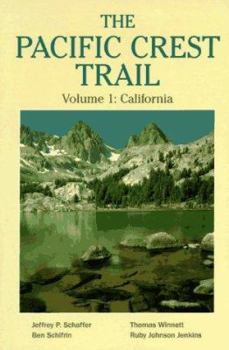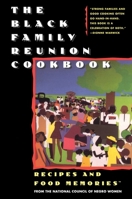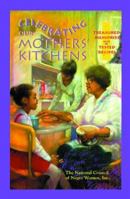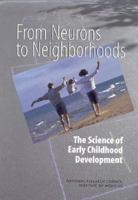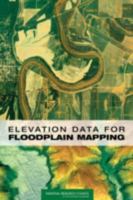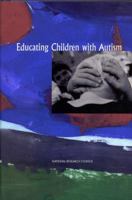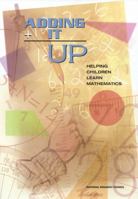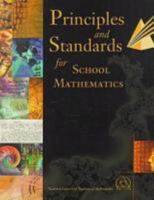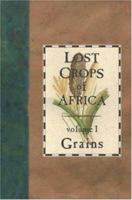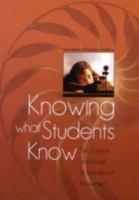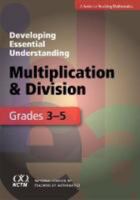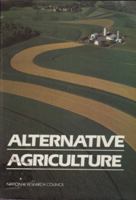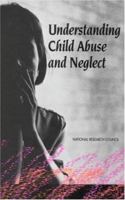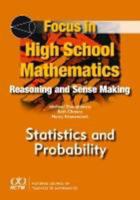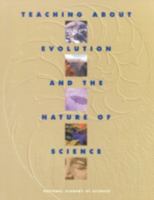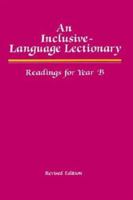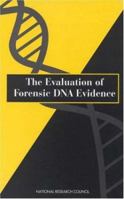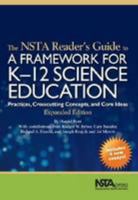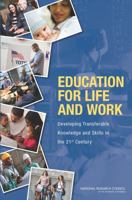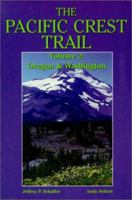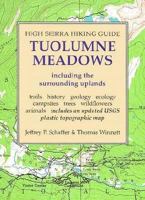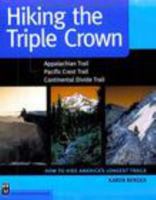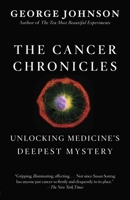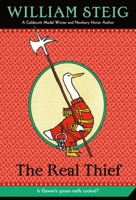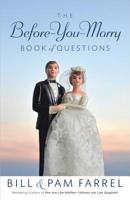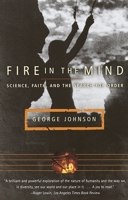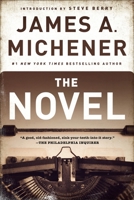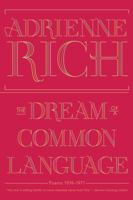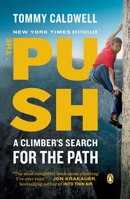The Pacific Crest Trail: California (Pacific Crest Trail)
Select Format
Select Condition 
Book Overview
You Might Also Enjoy
Customer Reviews
Rated 5 starsYou can't beat this guide
I enjoy all of the Schaffer books because they are accurate, fun to read and reliable. This book has little chapters on the PCT, and the descriptions of each part of the trail are a total delight. So often these hiking books neglect to tell you how to reach the trailhead and oftentimes they don't provide detailed instructions (I mean this for section or day hikers of the PCT). Schaffer never makes this mistake. You will not...
0Report
Rated 4 starsThe Best Guide For The PCT
I bought this book & another book, kept this one and returned the other. I haven't seen a better guide to the PCT.
0Report
Rated 5 starsThe Quintessential Bible for PCT Hikers
This book, along with its Oregon-Washington Second Volume, is a MUST-read for anyone planning their own trip along all or part of the Pacific Crest Trail. This trail guide provides a wealth of information such as mileage, water-stops, trail conditions, tips, maps, and even locations (including addresses!) of post-offices and other along-the trail stop-overs for re-supply. PCT hikers often carry this book with them in their...
1Report
Rated 5 starsYour Best Trail Friend
I have used this book since 1980 to hike all or part of the PCT. It can make or break your trip. The most important info is where to find water. Some souces are difficult to find, but this book will lead you to it. The amount of info,maps, water, landmarks, milage,trail conditions, suppy points, etc., make this book a must on any hike along the PCT. If you don't have it with you, you're a lost soul.
1Report











